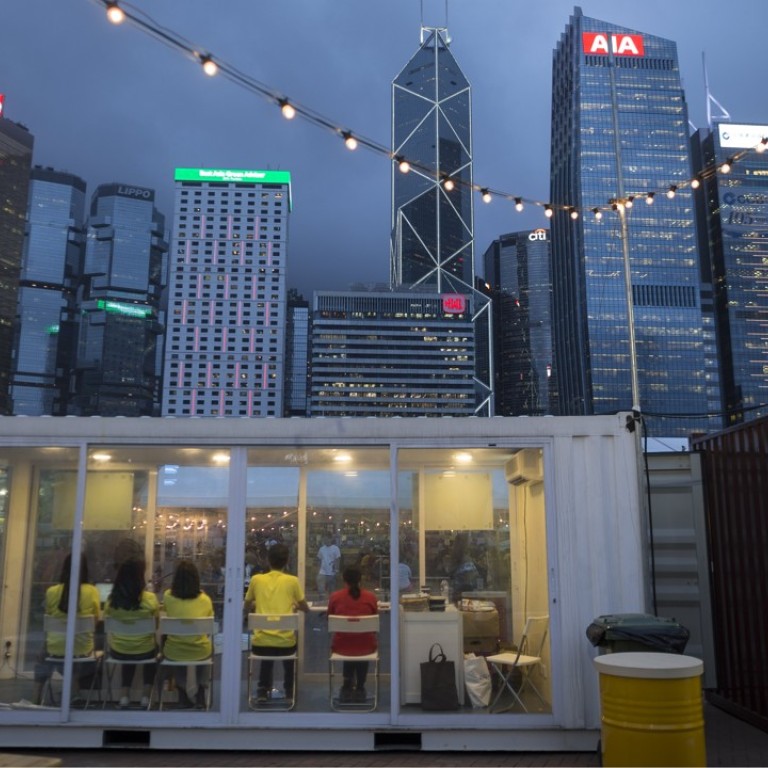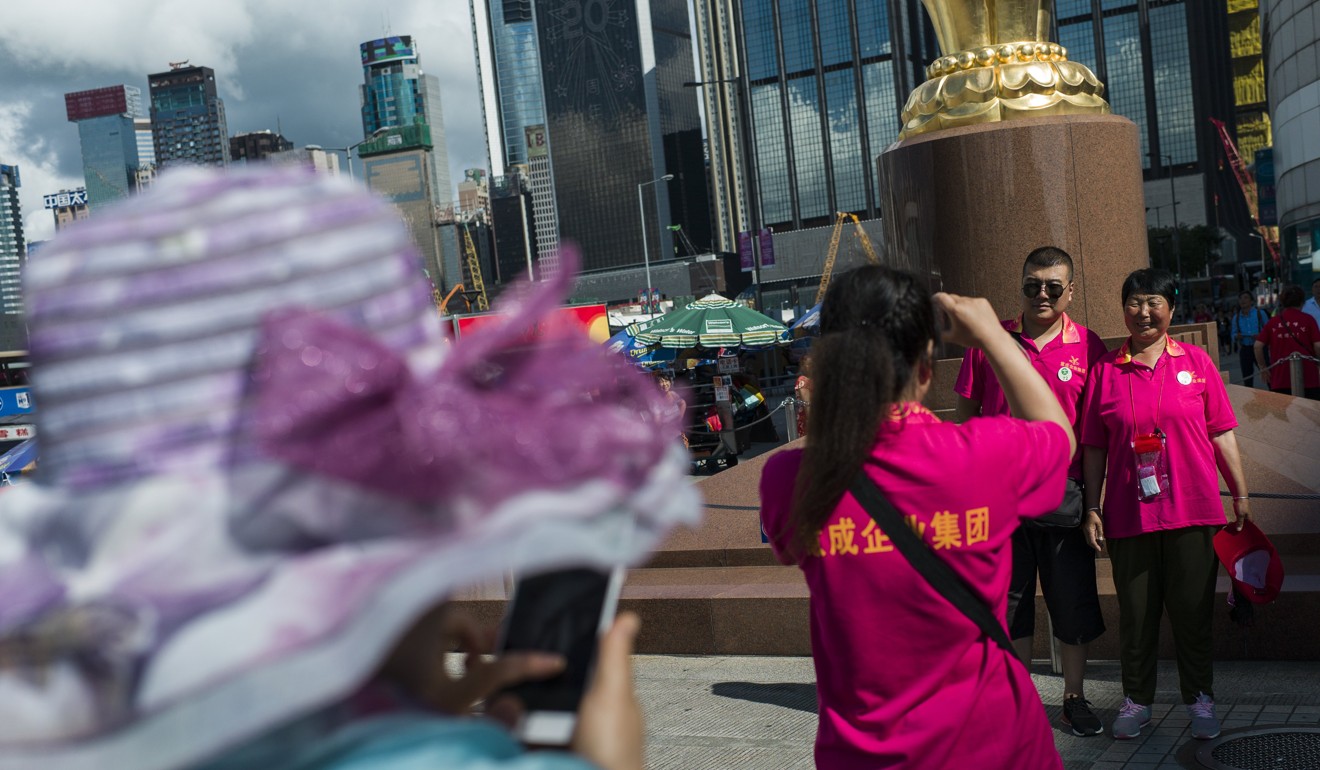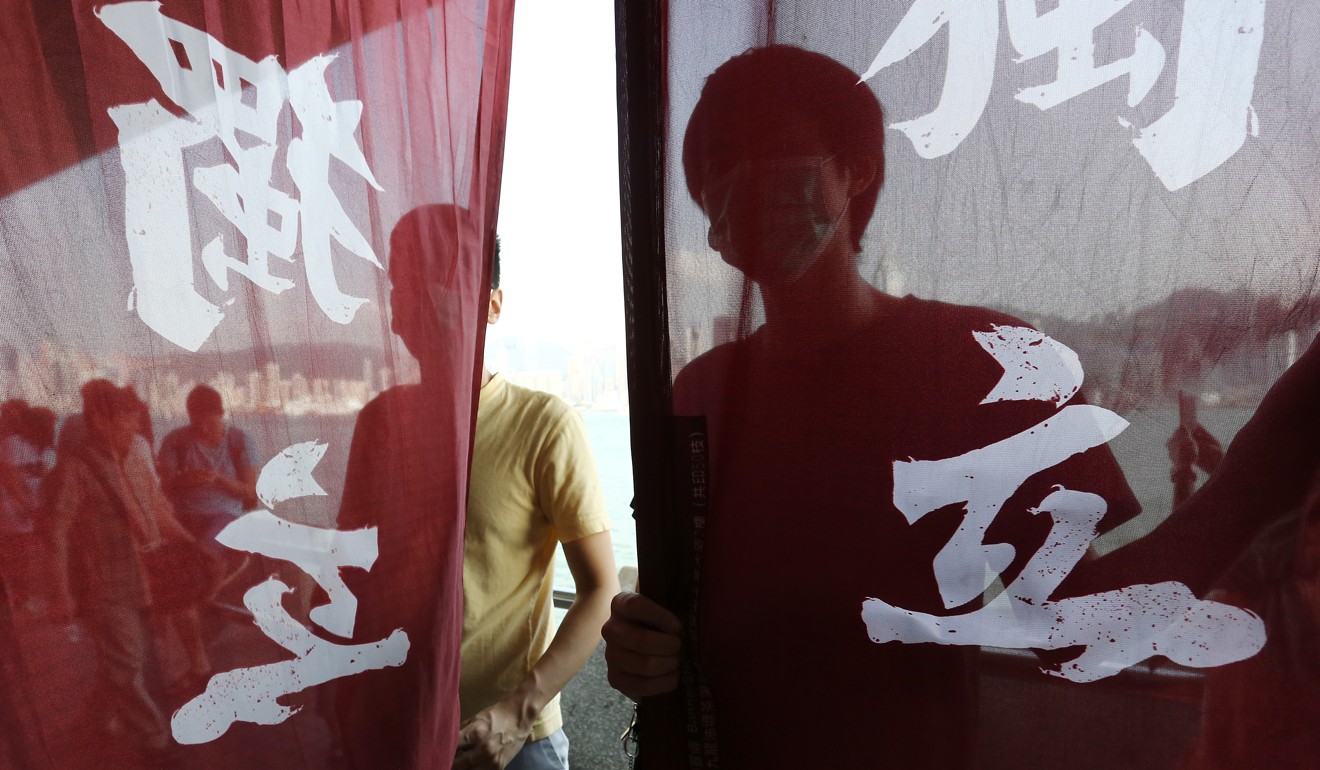
Beijing cannot wish away the growing sense of hopelessness in Hong Kong
Alice Wu says rather than the big political rows, it is the day-to-day frictions with the mainland that lead many Hongkongers to feel a sense of alienation in their own hometown, and the central government must address this problem
Such tough talk is worrisome. It widens the already wide gulf of distrust between Beijing and Hong Kong. With emotions running high, it is time to call for pause and caution.
We cannot ignore the facts on the ground and oversimplify complex issues. Hong Kong does not have a pro-independence problem. “One country, two systems” has not failed here. We are, however, experiencing a growing disconnect with Beijing, which adds to the many problems we have yet to resolve.

For Hong Kong – part Chinese, part Western – destiny awaits
The watershed moment was the crisis over a shortage of baby formula in Hong Kong that led the government to take action in 2013 to stop traders snapping up supplies here for resale across the border. The shortage, which caused local parents much grief, was one result of the 2008 food safety scandal involving melamine-tainted milk powder, which occurred beyond Hong Kong’s borders and control.
In more recent times, runaway home prices exacerbated by cross-border capital flight – again, conditions beyond Hong Kong’s control – have made home ownership an increasingly unattainable dream for many Hongkongers. The government’s tough cooling measures have yet to rein in these prices. Compound that with mainland property developers buying and pushing land prices to new highs, and fewer and fewer Hongkongers, especially the younger generation, dare harbour hopes of having a property of their own.
Money buys Chinese tenants the cachet of the Central address

Political conflicts have left our real problems on the back burner
These and many other “more minor” frictions have contributed to Hongkongers’ sense of being pushed out of our own home. Because such frictions are deeply personal, they have had more far-reaching impact on our feelings about “one country, two systems”.
Politics cannot be cut off from the issues that affect people’s lives
That these pent-up everyday frustrations sometimes manifest themselves as hostile attitudes towards, and confrontations with, the mainland isn’t unnatural. Some people probably feel so hopeless – and that they have nothing to lose – that independence advocacy is used as a means to taunt. It is this growing fatalism that’s feeding the “independence threat”, and Beijing can’t wash its hands of this.
Wang may have declared that “all politics is central”, but it is far truer to say that “all politics is local”. Politics cannot be cut off from the issues that affect people’s lives. No amount of hyperbolic rhetoric can absolve government of the responsibility of taking care of the people. More tough talk will only reinforce the very human response of fight or flight.
Alice Wu is a political consultant and a former associate director of the Asia Pacific Media Network at UCLA

